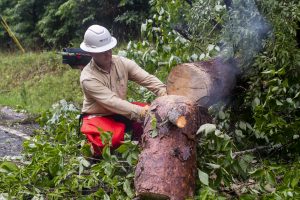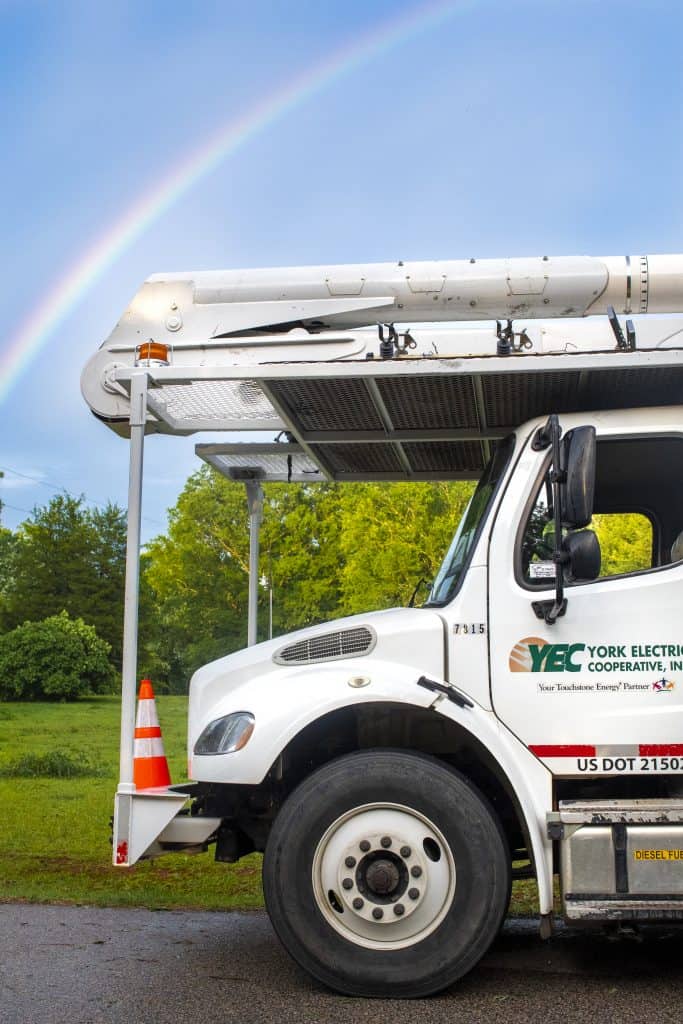 After any big storm or natural disaster, it's hard to know just what to do in any given situation. There are specific safety precautions that need to be remembered, especially with a commodity as powerful and potentially dangerous as electricity. Below are some commonly asked questions and their answers, which we hope will help you deal with emergency or other electrical situations, should they happen.
After any big storm or natural disaster, it's hard to know just what to do in any given situation. There are specific safety precautions that need to be remembered, especially with a commodity as powerful and potentially dangerous as electricity. Below are some commonly asked questions and their answers, which we hope will help you deal with emergency or other electrical situations, should they happen.
Learn More About Power Restoration
Beware of Scams & Fraud Following a Disastrous Weather Event
Utility scams and fraudulent schemes often arise after severe weather events. Scammers use phone calls, texts, emails, fake websites, and even door-to-door visits to try to steal from you.
First, please be aware of anyone pretending to be a member services representative from York Electric who asks for your credit card information, banking details, or Social Security number via call, text, or email. Our strict policy is to NEVER ask for personal information or payment methods over the phone or through texts or emails.
Here are the other red flags that should tip you off to the “storm chaser” scam:
Offers for quick repair services. Always ask for an ID or a business license. Contact your insurance company first to see what your policy covers. Get offers in writing, but never pay anything or sign anything – especially regarding the rights to your insurance money – without doing your due diligence and researching the company (the Better Business Bureau is a great place to start.) Most importantly, do not succumb to the number one tool every scammer uses, pressure tactics.
Solicitation of donations in the names of well-known charities or “new” charities that are seemingly related specifically to this disaster, as they are often fake. Investigate the legitimacy of any charity before handing over a penny, never respond to unsolicited requests via phone, text, or email, and never click a link in an unsolicited email message.
Scammers are impersonating representatives from insurance providers or government agencies, like FEMA, offering relief in exchange for payment or requesting personal information to initiate the process.
Price-gouging for goods and services.
Offers of goods and services, requests for donations, pleas from seemingly legitimate community organizations, and more that come to your attention through social media should always be viewed suspiciously and vetted thoroughly before even a “like,” much less any engagement.
Finally, when you do pay for legitimate services or donations, never use cash, wire transfers, or mobile payment apps and services. Credit cards or checks are the safest, most traceable options.
We encourage members to report suspected scams to your cooperative, local authorities, and the National Center for Disaster Fraud at (866) 720-5721 or online at www.justice.gov/DisasterComplaintForm.
Be vigilant and also rest assured we’re watching out for you.
